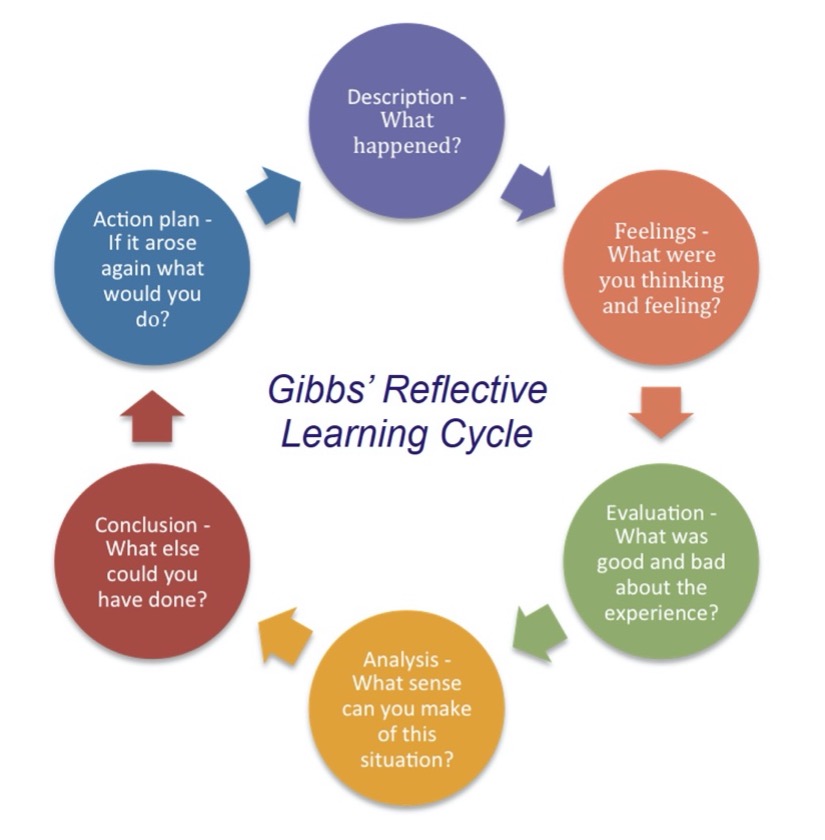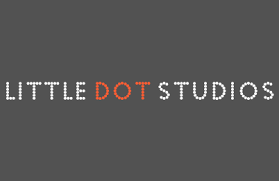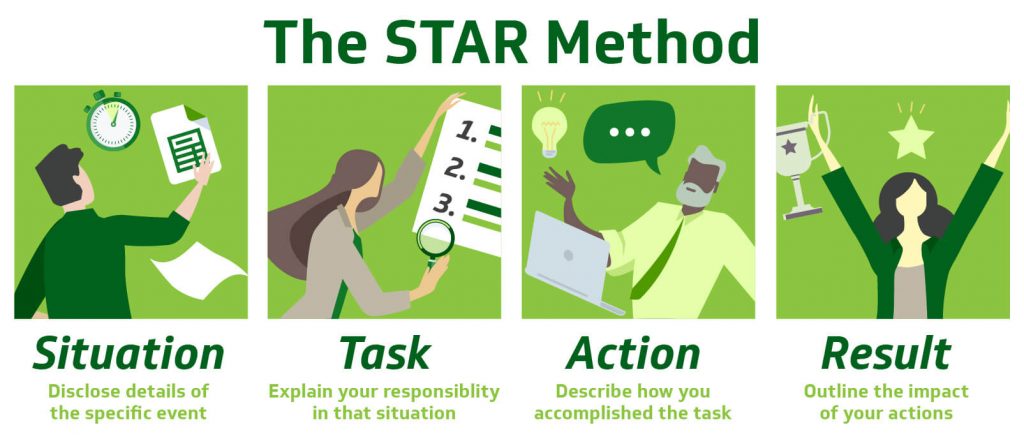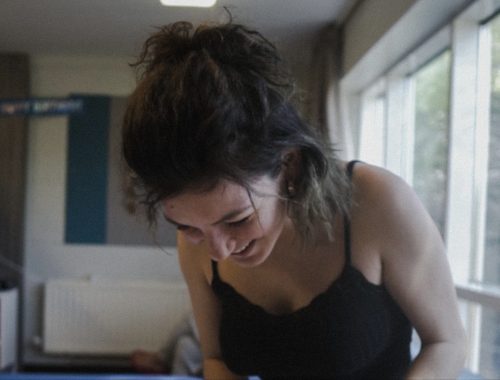In The Hot Seat: The Tale of a Simulated Interview

The mere thought of a job interview is enough to send a shiver down the spine of even the most competent and confident candidate. However, with the right preparation, it can become not so much of a daunting task, but rather a worthwhile experience. I decided to adapt this attitude to my simulated interview for a job in the film and television industry, in order to take advantage of this beneficial “trial-run” in attempting to make the first step on to my career ladder, rather than treating this process as solely an anxiety-inducing task. This blog will use the Gibbs’ reflective cycle (Jasper, 2013) to analyse my thought process for this interview, while also evaluating its outcomes based on the feedback provided by my peers.

Description
To prepare, we were required to select a job that you would hypothetically to apply for in your chosen industry after university, along with providing its job description. We were required to interview our peers, asking questions based on the criteria laid out in the job description for the role. I decided to choose the role of an entry-level Production Assistant in the production company, Little Dot Studios. In choosing this role, I felt that I could relate the criteria in the job description to my past experience to demonstrate that I was qualified for the job, which increased my confidence in my ability to answer any questions put forward to me regarding the demands of the job.

Feelings
As with previous job interviews, I felt rather nervous, faced with the uncertainty of not knowing exactly what is going to be asked. To combat this, I made sure to prepare as much as I could. I trawled through the criteria on the job description to make sure I had relevant scenarios prepared to demonstrate my ability and experience to fit the requirements of the job. As I had never heard of Little Dot Studios before, I decided to research the company and find out about their previous projects, so that I could speak about them confidently if the opportunity arose in the interview. To my surprise, my research informed me that Little Dot Studios was in fact a global company, therefore I’m glad that I didn’t rely on my assumption that they were a small, indie studio before going into the interview!
Evaluation
After reading the feedback provided to me from my peers, I feel that I performed well in the interview, especially in my ability to provide relevant experience from my time as a producer on short films and from my employment and work experience in the film and television industry itself. In order to not appear too rehearsed or robotic, I chose not to write notes or learn off potential answers in order to come across more authentic. This was both a success and a setback- I was able to appear natural through my body language; listening to questions intently and providing consistent eye contact to each panel member. On the other hand, it allowed for the anxiety of providing a good answer on the spot to shine through, demonstrated by pauses, slight stumbling over words and some “ums” when I spoke.
Analysis
When providing relevant experience to demonstrate my capabilities during the interview, I used the advice given by Emma Lennox during a lecture for the AEL3001 module, which is to use the STAR technique (Whitacre, 2007, 72) to construct your answers:

Using this method, I felt confident in the ability to break down my experience and emphasise how a particular situation can be applied to an aspect of the role that I was applying for, or a skill that was required by the job. However, I felt that at times I strayed from sticking to the technique, due to my nature of going off on tangents. During the interview, I was asked the one thing noted in the job criteria that I could not tick the box of- if I could drive. Ignoring the fact that I happen to live with two-thirds of the interview panel who would see right through me if i lied, I decided to be honest and say that I couldn’t, while making sure to inform the panel that I will be taking my driving test soon and hope to obtain a license in the near future.
The interviewer will be more reassured about your answers, and therefore your capabilities, if they feel they are dealing with the “real” you.
Stephan Lucks (2010, 58)
Conclusion
In reflection to this interview process and the feedback provided, I believe that something that else that I need to improve on is having the ability to ask questions to the panel once my interview is complete. I desire to do more research into this, finding out what kind of questions are useful to ask during this time, while also demonstrating an interest and enthusiasm for the company.
Action Plan
The simulated interviews have provided me with valuable practice in interviewing for a role in the career of my choice, allowing me to know what to expect in the future and knowing where to improve. This process has taught me that I need to gain more confidence in myself in order to confidently deliver clear and precise answers to demonstrate my ability for any given role.
Bibliography
Gibbs, G., Learning by Doing: A Guide to Teaching and Learning Methods. (Oxford Brooks University, Oxford, 1998)
Lucks, Stephan, Roderick, Ceri, You’re Hired! Interview Answers: Impressive Answers to Tough Questions (New York: Trotman Publishing, 2010), pp.58
Whitacre, Teresa, “Behavioral Interviewing-Find Your STAR”, Quality Progress; Milwaukee Vol. 40, No. 6, (Jun 2007): 72-73.
You May Also Like

Surprisingly Worthwhile
18 February 2022
9 February 2022

